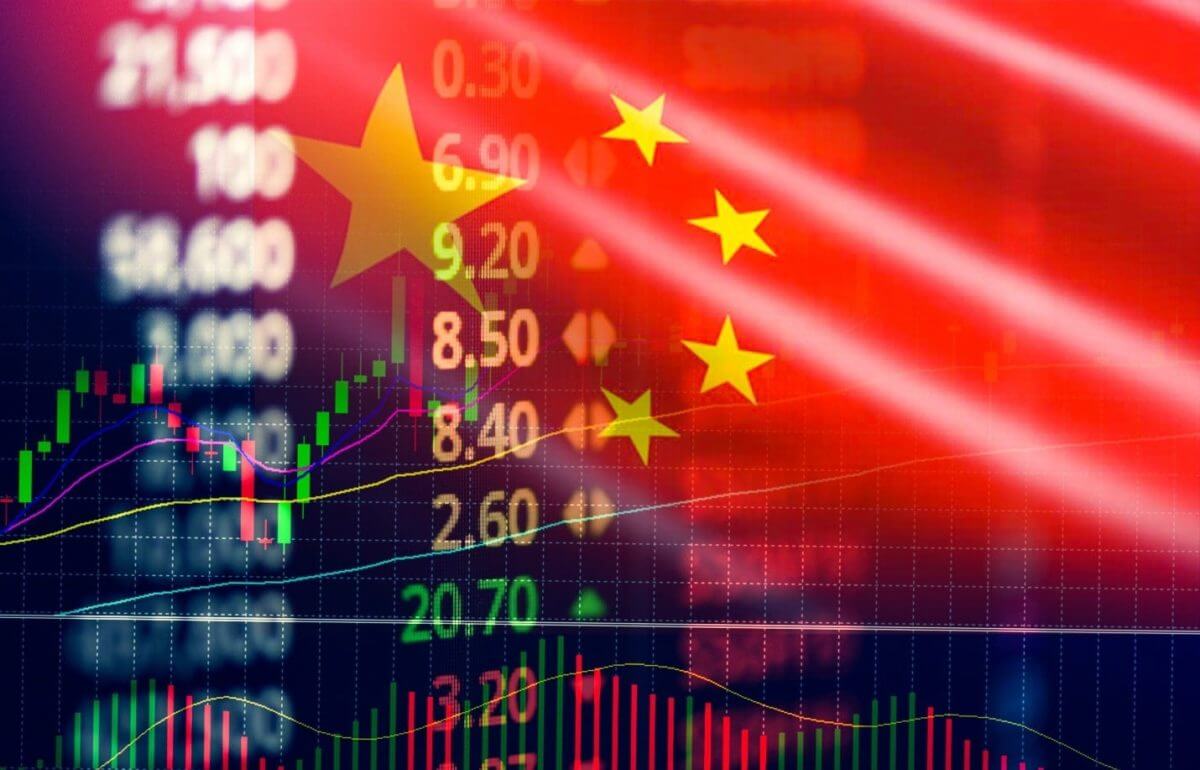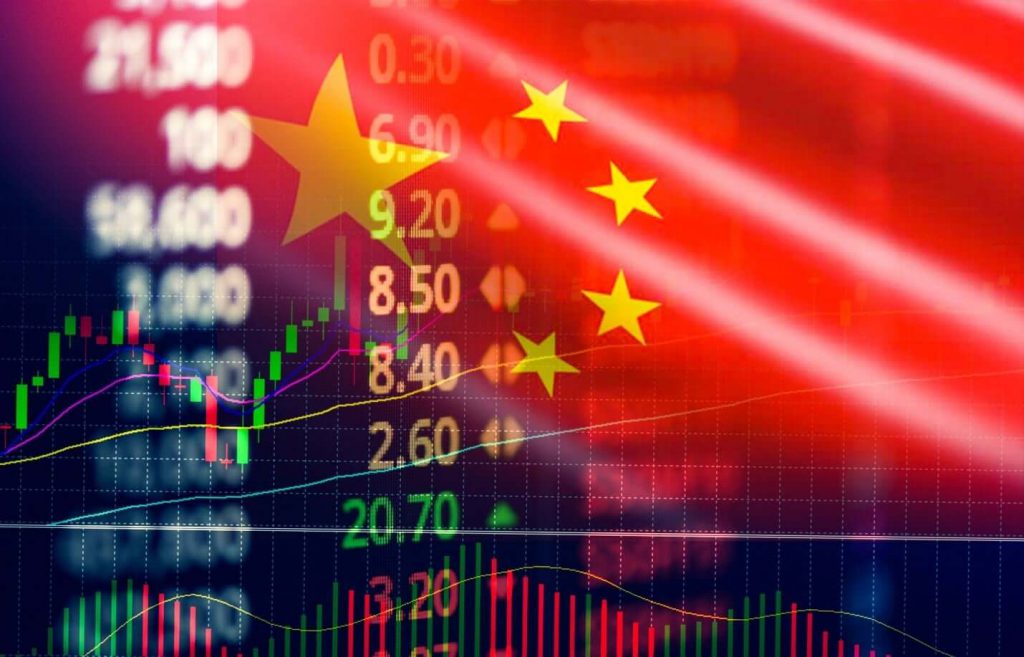
China needs more coal
Due to a coal shortfall, China is experiencing its greatest power crisis in years. While Australia has the coal, Beijing requires, the world’s second-largest economy is unlikely to lift an unofficial ban on Australian coal imports anytime soon.
Despite recent media reports, China released limited amounts of Australian coal stranded at Chinese ports for months due to the prohibition.
China stopped buying Australian coal late last year. It occurred as trade tensions between the two nations rose following Canberra’s support for an international investigation into Beijing’s handling of the Covid-19 outbreak. Before that, Australia was a key coal exporter to China, accounting for 38% of Chinese thermal coal imports in 2019.
Energy crunch in China
China’s power generation is mainly reliant on coal. At least 20 provinces in the country have reported varying degrees of power outages since mid-August. It was due to several causes, including a lack of coal supplies, more vital government rules to reduce emissions, and increased manufacturing demand as the world economy recovered from epidemic lows.
According to reports, officials have ordered key state-owned energy corporations to secure supply for the next winter at any cost. Beijing will not ease import restrictions on Australia anytime soon. Instead, they think China would increase its coal production, tap into other overseas sources, and pressure its sectors to reduce output and emissions. There is no indication that the Asian country will allow corporations to purchase new shipments of Australian coal.
Beijing may potentially seek additional coal from other countries. China would almost certainly press Indonesian suppliers for more coal, but they are nearing capacity. The country has also been attempting to obtain additional Mongolian and Russian coal to meet its need; however, European customers are putting some competitive pressure on Russian coal. China has also been purchasing more coal from suppliers in the Atlantic, such as the United States and Colombia.
According to Dhar of Commonwealth Bank, despite the informal embargo on Australia, China’s thermal coal imports have held up “pretty well” due to increased supplies from Indonesia and Russia. According to him, Indonesia accounted for around 57 percent of China’s thermal coal imports between January and August.
Impact on Australia
Demand in North Asia ahead of the coming winter is the key driver of current thermal coal prices, notably in Australia. If Beijing resumes buying coal from Canberra, it will increase demand for Australian coal and support prices.
Nonetheless, Australian officials have chastised China for imposing trade sanctions on other exports such as wine and barley. China argues that these actions reflect genuine commercial concerns,” Australia said in a statement to the World Trade Organization last week. However, a growing body of evidence suggests China’s actions are motivated by political reasons.


